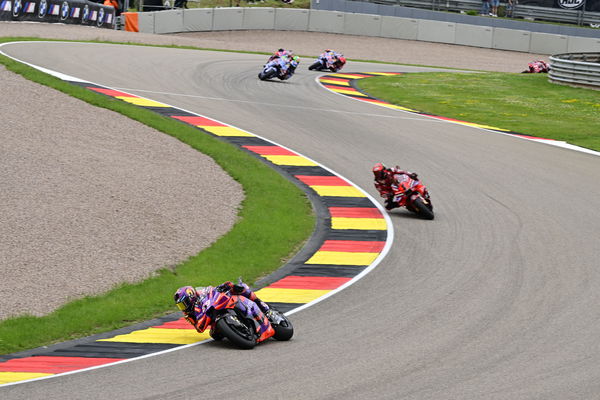Remembering the man really behind The Great Escape’s famous jump
No, not Steve McQueen - we’re talking about his biking buddy and body double Bud Ekins. This is HIS story
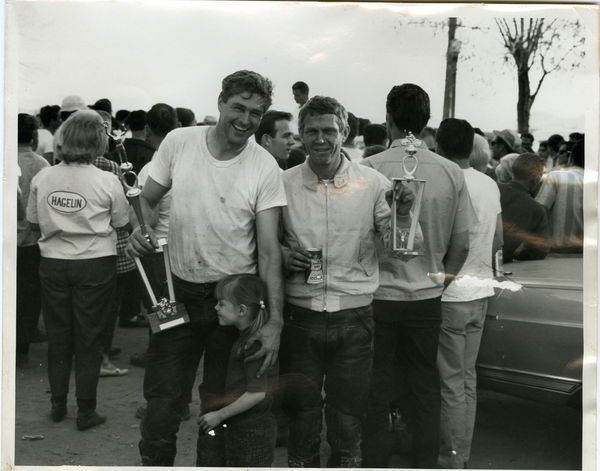
With Christmas coming and an inevitable appointment with legendary biking flick The Great Escape, which turned 60 in 2023, it’s timely to remember the man who made THAT jump – Bud Ekins.
The Great Escape is, of course, most famous for the motorcycling sequences featuring real-life petrolhead Steve McQueen, climaxing with his attempted jump over the barbed wire Swiss border. And, while the jump ends with character Hilts’ recapture and most know the jump was actually undertaken by stunt riding mate Bud Ekins, the fact bikes are so prominent and many of the sequences really are ridden by McQueen (including, famously, one of Hilts’ German pursuers), gives the film a credibility few modern movies can match.
Few, however, know the full life story of Ekins, which is also sprinkled with celebrity and film appearances, includes race and industry success and is topped off with being inducted into the AMA Motorcycle Hall of Fame.
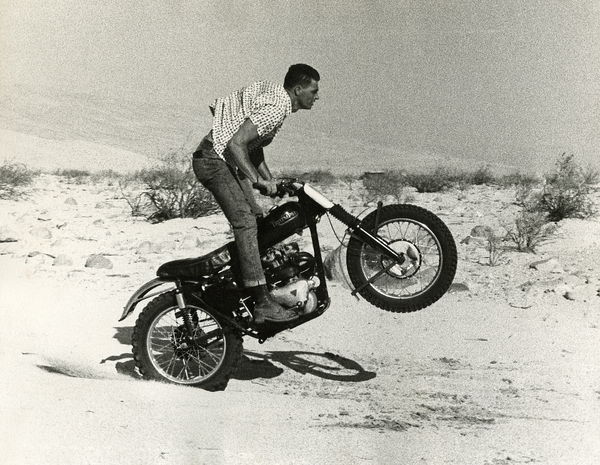
Born in 1930 in Los Angeles, James Sherwin ‘Bud’ Ekins learned to ride as a child and by his late teens was one of ‘SoCal’s top dirt racers. His first factory ride came in 1952 with Matchless then, in 1955, he was supported by local Triumph dealer Johnson Motors, starting a relationship with the brand that would continue throughout Ekins's life.
In 1956, riding Triumph’s new TR6, Ekins placed second in the 153-mile ‘Big Bear’ hare and hounds desert race, the US’s biggest – then went on to win it for the next three years. Around the same time, Ekins opened his own Triumph dealership in Sherman Oaks, North Hollywood, which during the 1960s, overtook Johnsons to become Triumph’s biggest.
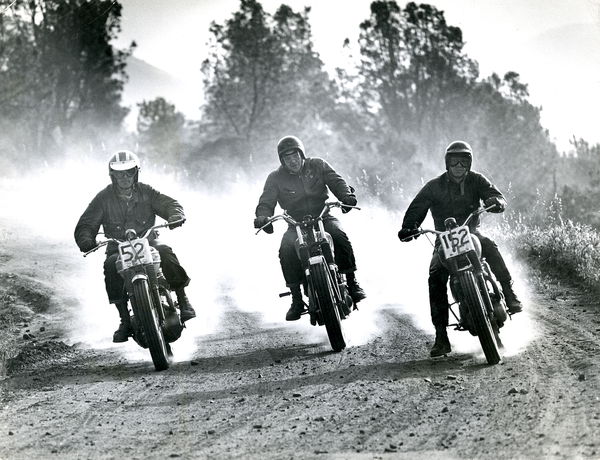
As a Triumph agency – then America’s most popular – and close to ‘Tinseltown’, Ekins’ store quickly became a magnet for young movie actors including Paul Newman and Clint Eastwood. Another was a young Steve McQueen, who famously was already into bikes and motorsport. McQueen’s favourite bike was his TR5, which was serviced at Ekins’ dealership with the pair striking an immediate friendship. Ekins introduced McQueen to desert racing and the two often rode together.
Despite the dealership, Ekins continued to race, winning gold at the 1962 International Six Days Trials and becoming instrumental in the creation of the Baja 1000. Later in 1962, McQueen was about to fly to Europe to star in The Great Escape, had persuaded the producers to include some motorcycle stunts and recommended Ekins. Ekins was duly given a four-month contract and travelled to Bavaria with some specially modified Triumph TR6s.
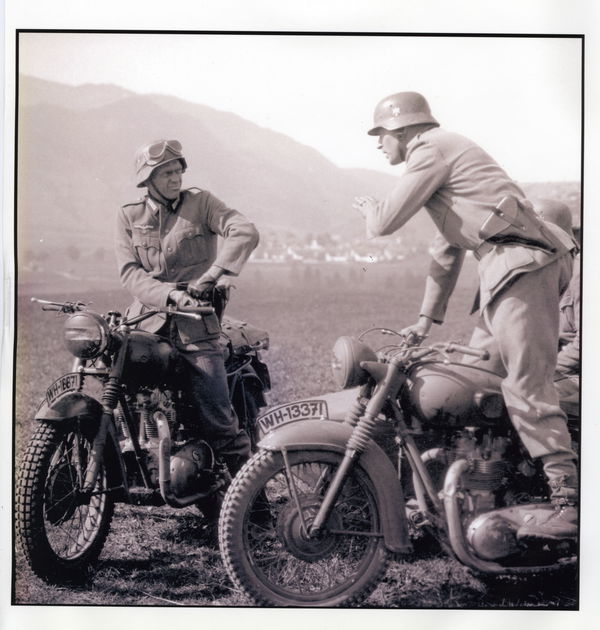
The highlight, the jump, was always going to be done by Ekins on the insistence of the insurers but plenty of the rest were ridden by both.
Afterwards, the pair’s friendship – and Ekins’ stunt work – continued. In 1964, they were part of the US team which took part in the 1964 East German ISDT. In 1967, Ekins was one of the drivers of the Ford Mustang in McQueen’s next big film, Bullitt. He also worked on The Love Bug, Diamonds Are Forever, The Towering Inferno and The Blues Brothers.
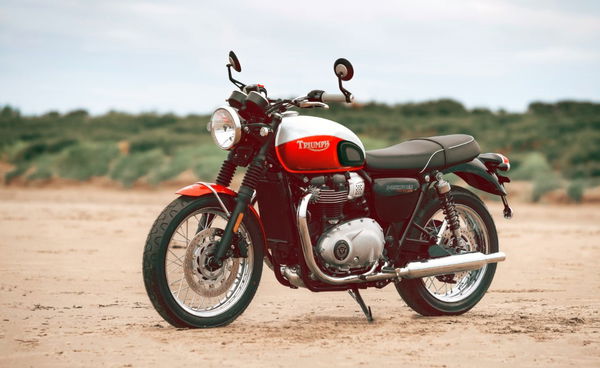
After retiring in 1998, Ekins was inducted into the AMA Motorcycle Hall of Fame. He died aged 77 in October 2007 and in 2020 Triumph launched special ‘Ekins Editions’ versions of its T100 and T120 Bonnevilles (above).
The actual TR6 on which Ekins undertook That Jump, meanwhile, was discovered by collector Dick Shepherd, restored and put on show at Triumph’s Factory Visitor Experience, where it remains to this day.

